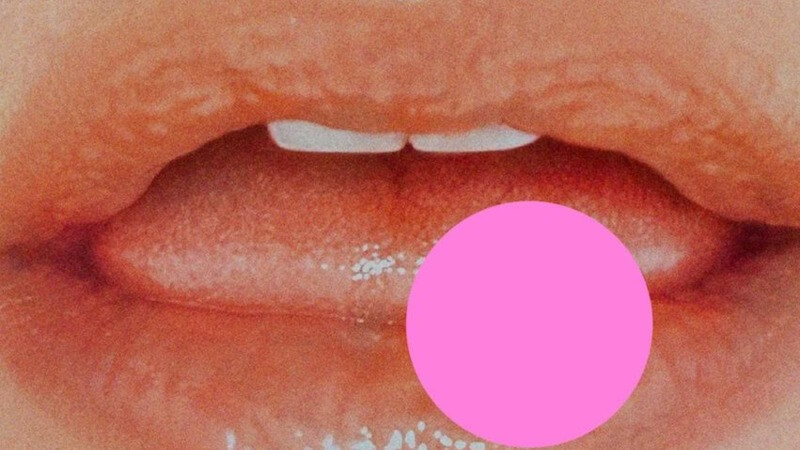Kesha Revisits Party Pop, Not With a Bang But With a Period
Following an experimental phase and a long-gestating split from RCA and Kemosabe Records, Kesha resumes her interest in party pop with a spirited sixth album that’s unfortunately littered with lazy, obnoxious, and dated songs.

“D-don’t even try to gi-give me shit / I’ve earned the right to b-be like this,” Kesha stutter-sings on the jaunty “JOYRIDE,” a line that can easily sum up her whole artistic ethos. The Los Angeles-born-and-based party pop artist has consistently prided herself on her shamelessness, espousing an IDGAF attitude via her rowdy, outspoken personality and champagne-soaked sonic textures. Her trashy early-2010s image—the Auto-Tuned voice, the provocative, over-enunciated lyrics, the messy, dirty blonde hair and glittery makeup, the dollar sign in the first iteration of her stage name—will always be what she’s best known for, an aesthetic that would go on to define that era of carefree, club-friendly, post-recession pop many still yearn for.
It’s also an aesthetic Kesha has gradually and understandably strayed away from, likely due to its association with Dr. Luke, the producer partially responsible for catapulting her into fame and heavily limiting her agency. Kesha’s highly publicized sexual abuse lawsuit against him not only kept her in a creative limbo for several years, but also forced her into fulfilling the rest of her contract with RCA and Kemosabe Records. Even with these restraints, the three records Kesha made to fulfill those obligations—2017’s Rainbow, 2020’s High Road, and 2023’s Gag Order—found her in an intriguing experimental phase. She toyed with different genres like country, folk, and psychedelia, worked with a handful of unexpected collaborators (Eagles of Death Metal, Sturgill Simpson, Rick Rubin, the late Brian Wilson), and subtextually called out Dr. Luke’s predatory behavior through rousing, righteous anthems.
The results from these efforts were never quite as satisfying as one would hope, especially considering Kesha’s undeniable vocal talent and eagerness to take risks, but each of these albums at least established the kind of artist Kesha aspired to be: unapologetic, genre-fluid, and hard to pin down. Given the media frenzy Kesha had to endure with this lawsuit, one would expect that the project she would make after finally parting ways with RCA and Kemosabe would be more daring, refined, and cathartic than anything she’s made before. It’s a shame, then, that her sixth album isn’t really any of those things.
Despite being touted by Kesha herself as an embodiment of liberation, . (Period) ironically feels like an album you’d expect from an artist being pressured by their label to cater to the masses rather than one made on the artist’s own terms. The 11-track record plays less like an act of reclamation and more like the algorithmic, smooth-brained pop that Ava Max churns out like clockwork. It is a return to form purely in a technical sense, faintly hearkening back to the flirty talk-singing and buoyant energy that powered Kesha’s early work but without any of the grimy, bratty charm or propulsive hooks.
-

-

-

-

-

-

-

-

-

-

-

-

-

-

-

-

-

-

-

-

-

-

-

-

-

-

-

-

-

-

-

-

-

-

-

-

-

-

-

-








































